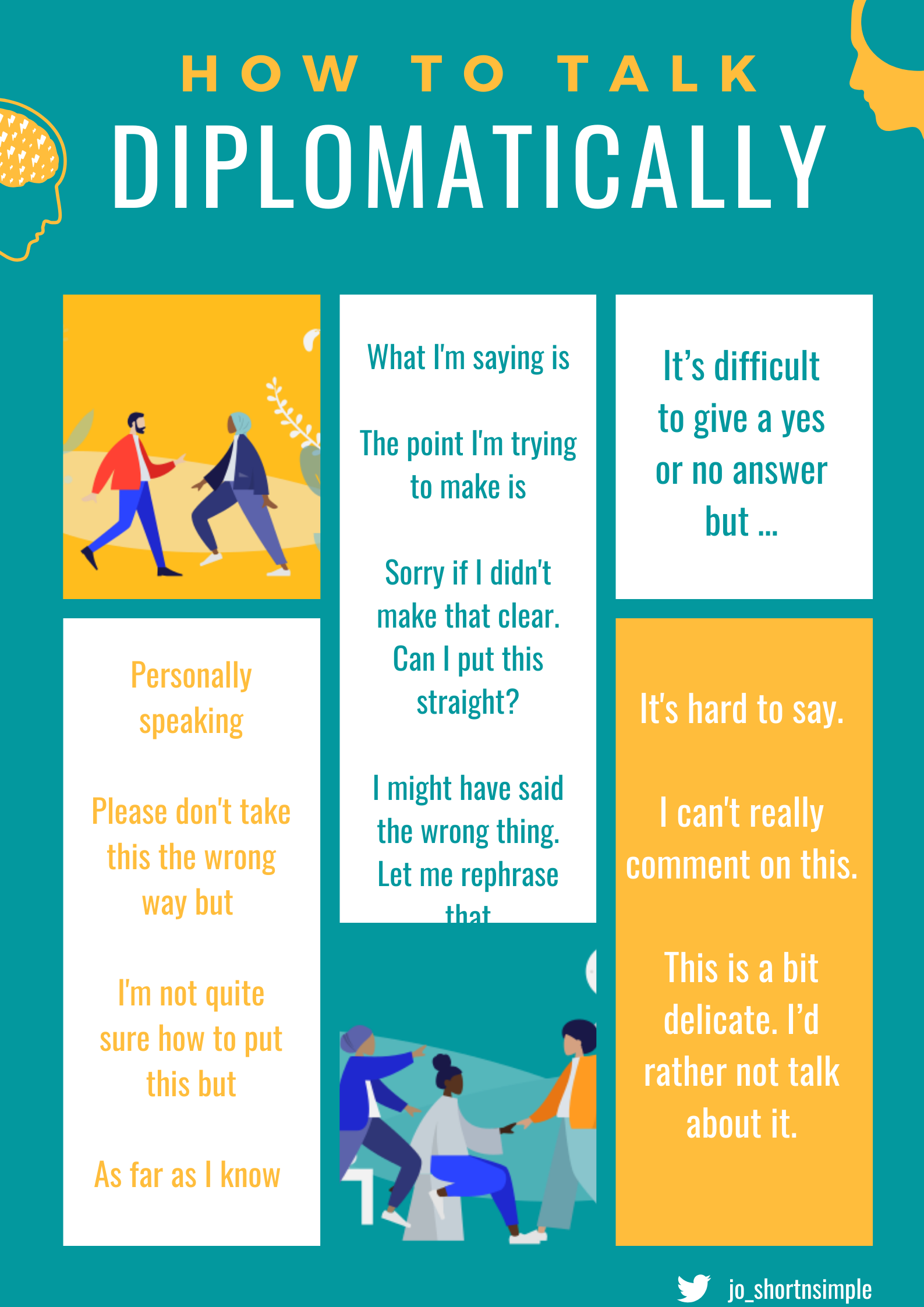This year has seen a number of cases which caused a mixture of reactions, and which are very difficult to deal with. In this post, written for learners of English, I am going to talk about how students can discuss and express their opinion in connection with sensitive issues without accidentally offending anybody.

A disclaimer is necessary at this point
My aim with this post is not to teach you how to be wishy-washy about what you think, how to lie about or hide your opinion, or how to be mainstream and follow what the majority thinks and says. My aim is to show you expressions that you can use if you feel that your language knowledge is not enough to handle the situation when you think that you're actually going to end up in a worse situation than if you had stayed silent. But staying silent cannot always be the solution. Sometimes you have to say something, and these are the times when these phrases can be useful.
So, let's see some examples:
Refusing to answer
I'm afraid I don't have all the information to speak competently about this.
I'm really not the best person to ask.
It's hard to say.
I can't really comment on this.
This is a bit delicate. I’d rather not talk about it.
Reformulating or clarifying what you mean
To put it another way ...
What I'm saying is that ...
To clarify, I'm (not) saying that ...
What I mean is ...
The point I'm trying to make is ...
Sorry if I didn't make that clear. Can I put this straight?
I might have said the wrong thing. Let me rephrase that…
How shall I put it?
Expressing what you think
To be honest with you ...
